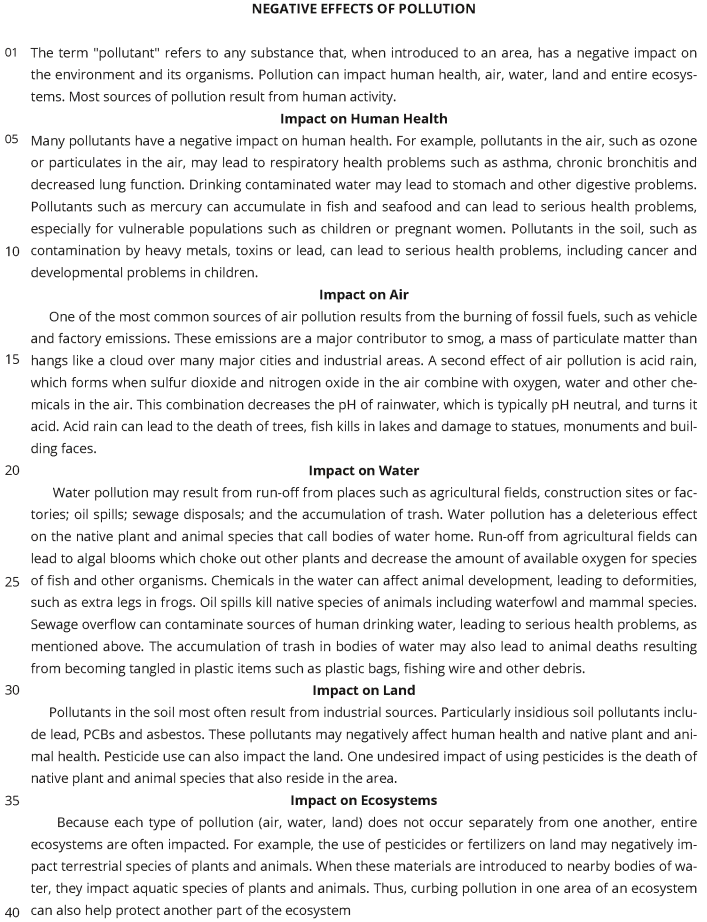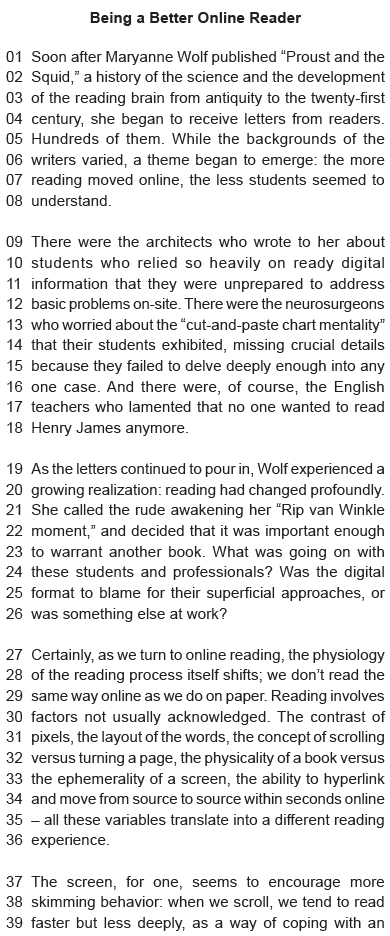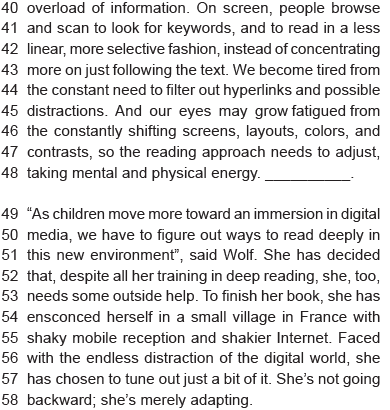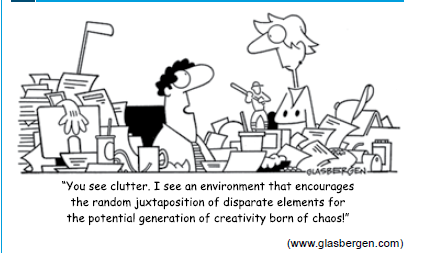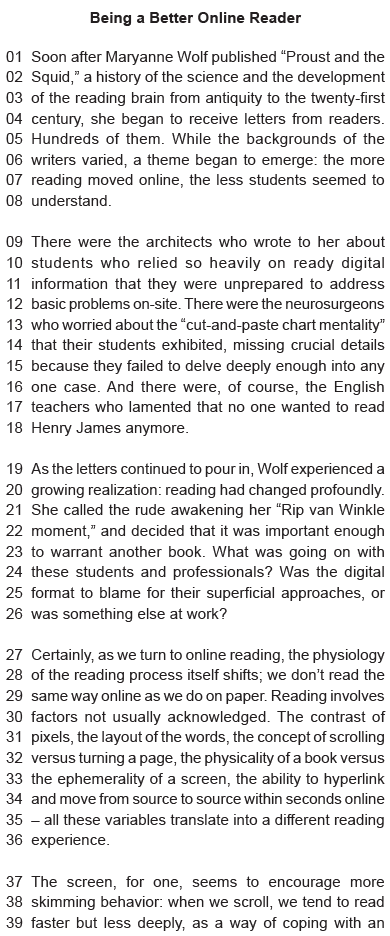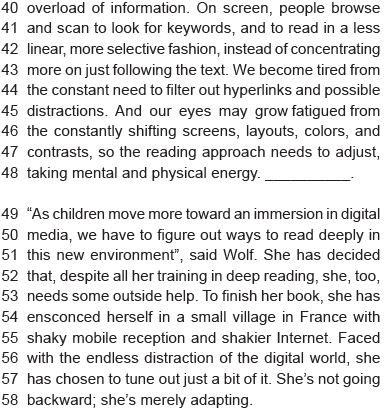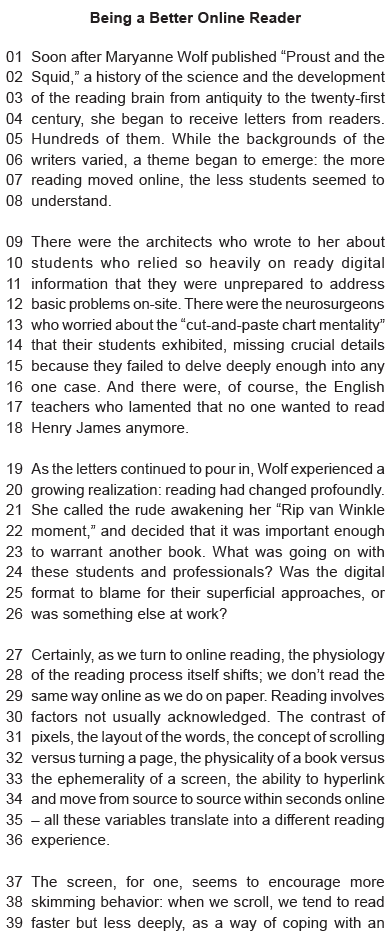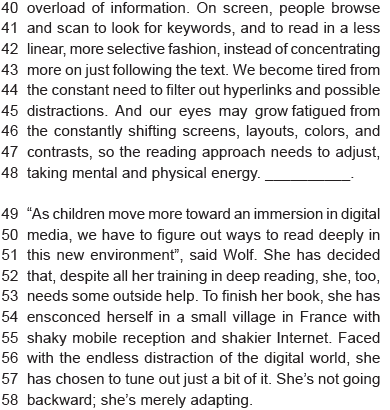Texto para a questão.
Brazil National Museum: as much as 90% of collection destroyed in fire
Building was not insured, the museum’s deputy director said, but some pieces survived including the Bendegó meteorite.
As much as 90% of the collection at Brazil’s National Museum was destroyed in a devastating fire on Sunday and – compounding the disaster – the building was not insured, according to the museum’s deputy director.
Some pieces survived, including the famous Bendegó meteorite and a library of 500,000 books – including works dating back to the days of the Portuguese empire – which was kept in a separate annex, Cristiana Serejo told reporters in front of the building’s blackened shell.
But it was still not possible to say how much of the collection had escaped the flames, Serejo said. “It could be 10%, it could be 15, it could be 20,” she said. “We had a very big loss.”
The museum’s Egyptology collection was completely destroyed, Serejo said.
Researchers who were able to enter one area of the building in Rio de Janeiro are starting to catalogue what little is left, said Serejo, who appealed to members of the public to return any items they found.
Asked if the museum was insured, she screwed up her face in mock anguish, and shook her head.
“I hope we learn from this,” she said. “Other public buildings are in the same situation.”
Disponível em: <https://www.theguardian.com/world/2018/sep/04/brazil-national-museum-fire-collection-destroyed-notinsured> Acesso em 07 set. 2018 (Adaptado)
